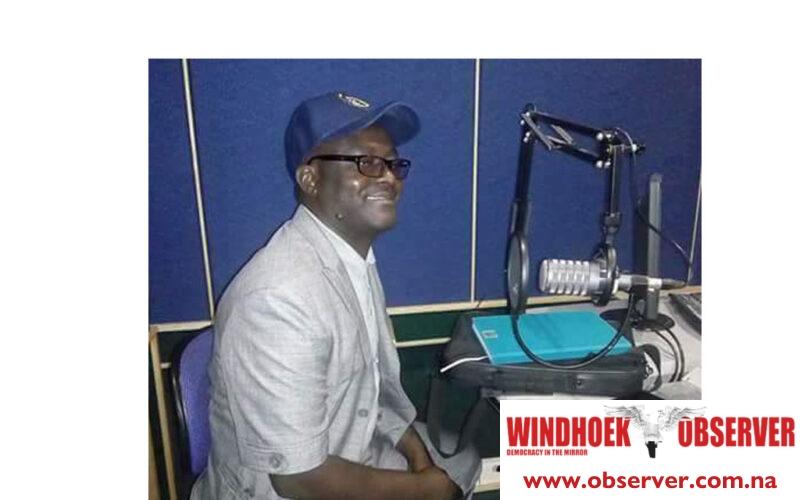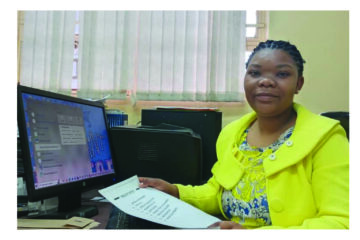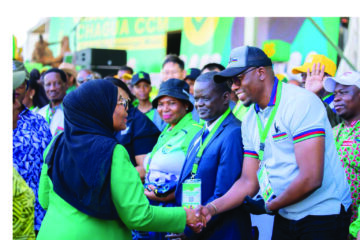Stefanus Nashama
The Women and Men Network has lauded the Inspector General of the Namibian Police, Lieutenant General Joseph Shikongo for his decision to increase the recruitment quota of cadet constables from the network to ten members per region.
Ohangwena Region Coordinator Joseph Nakashona on Tuesday expressed gratitude, emphasising the government’s recognition of the network’s efforts in community crime prevention.
“We thank General Shikongo for doing a wonderful job in linking us to the government through the network,” he said.
We received the message regarding the recruitment of ten members from the network, and we truly appreciate this gesture. It shows that the government has recognised our efforts,” he added.
Despite this recognition, Nakashona said that members of the Women and Men Network are not motivated by the prospect of government employment but by a desire to serve the community and combat crime alongside the police.
“We are not here to seek jobs. We are here to serve the community,” he said.
Nakashona added that most members in the Ohangwena Region are young individuals and stressed that every member has the right to apply for the opportunity, provided they meet the police’s requirements.
According to him, meetings are held at all centres to confirm membership, and headmen provide letters to constituency coordinators, who then submit verified applications to the regional coordinators.
“The police will ultimately handle the shortlisting based on qualifications,” he added.
The decision to increase recruitment from the network has sparked debate among the public, with some raising concerns about fairness in the selection process.
Community member Paulus Jesaya wondered whether older network members could meet the rigorous physical, written, and medical tests required for police training.
“Many of those serving in the Women and Men Network are not in the prime of their youth, and the physical tests are already challenging for younger, fit candidates. Unless the requirements are adjusted, many will struggle, particularly with the fitness component,” Jesaya said.
In contrast, Hendrina David, a network member from the Oshikoto Region, defended the initiative.
She described the opportunity as a chance for members to further serve their communities.
“We are using this opportunity to apply. It is targeting us, and we must take advantage of it, as long as we meet the requirements set by the police,” she said.
She expressed gratitude to the police and government for recognising the network’s contributions to community service.
“We know how to work with people, maintain order and fight community crime,” she said.
The increased involvement of the Women and Men Network in the recruitment process has sparked widespread debate, but it also highlights the network’s ongoing commitment to serving the public and contributing to crime prevention efforts.
Shikongo had not responded to calls, messages, or emails at the time of publishing.




